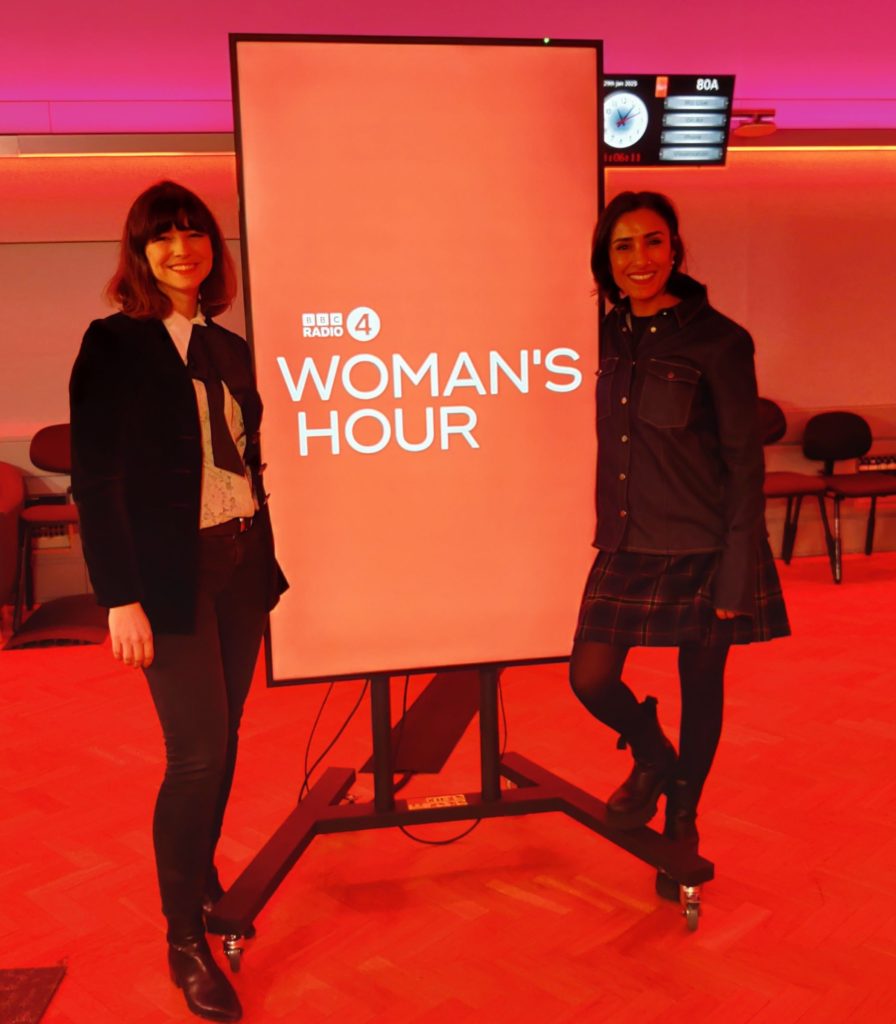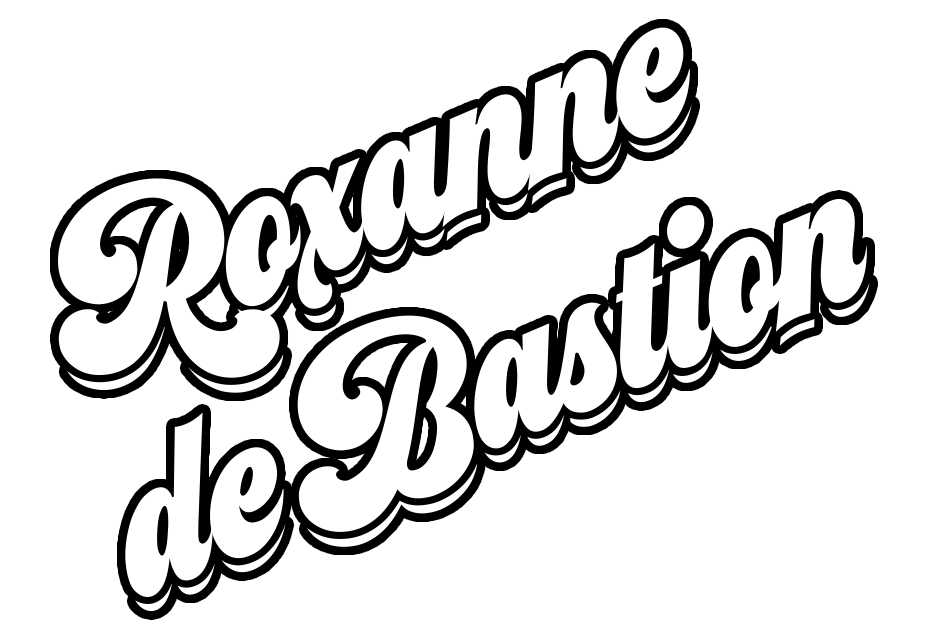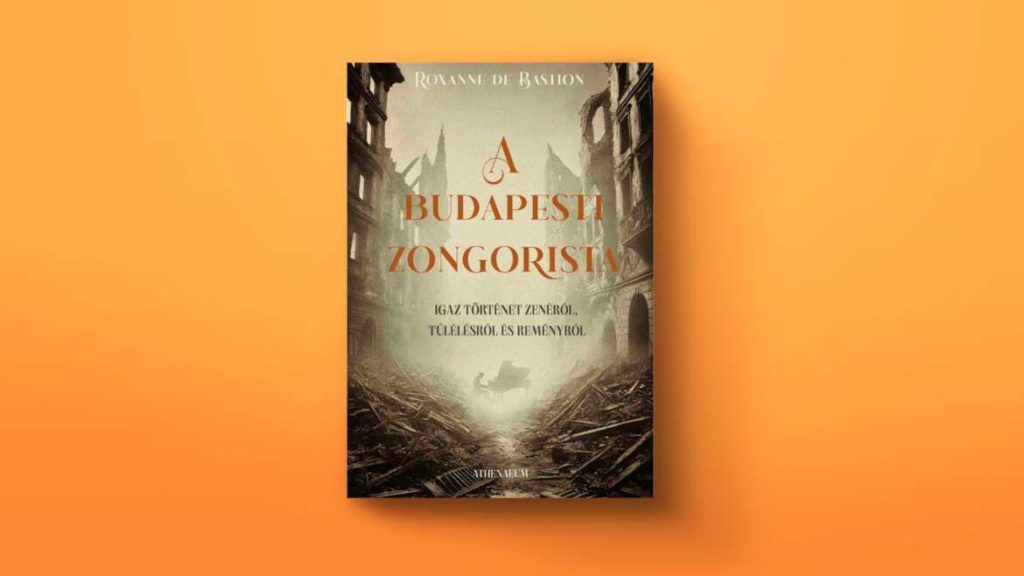I never used to pay Holocaust Memorial Day much mind. I found it difficult to engage with the topic in this way, from a distance. But since I shared my grandfather’s survival story, I feel differently. I feel a sense of purpose and responsibility – it’s certainly never felt this urgent, at least in my life time, to talk about our recent past in order to see what’s ahead. My days of touring via public transportation are largely in the past and so it’s rare that I find the time to write up my thoughts in form of a sporadic blog entry. But so much happened in the week surrounding Holocaust Memorial Day, I feel it’s worthy of a post.
January 27th 2025 – Back to my Roots
It felt particularly poignant that the Hungarian translation of my book was published on Holocaust Memorial Day. I wish my Hungarian was good enough to actually read it – I suppose it’s a great incentive to step it up (at least the words for ‘book’ and ‘musician’ featured quite soon into my Duolingo journey). It feels very special and like a real achievement to have my grandfather’s story available in his mother tongue and the book on sale in the country he once called his own. The Hungarian publisher have kindly just sent me a couple of copies of A Budapesti Zongarista – I really like the more sombre cover art and think the books look beautiful. If anyone reading this happens to be in Hungary or have a holiday planned and you see it in a shop, please do send me a photo!
January 29th 2025 – BBC Radio 4’s Woman’s Hour, Holocaust Survivor Center and Norwich High School for Girls
Sometimes everything happens at once and there’s nothing you can do about it. The first thing that landed in my diary ages ago was an invitation to talk at the Holocaust Survivor Center in the afternoon. Weeks later, I received an invite to talk at an evening event at a private girl’s performing arts school in Norwich, and final, I was invited to be a guest on BBC Radio 4’s Woman’s Hour! Magically, everything was just about doable in one day.
You might find this odd, but back when I had my first meeting with the publishing team over at Little Brown, I would joke (kind of) that I didn’t really care about anything else and that all I wanted was to be on Woman’s Hour. The thing is, my dad would have the radio on in the kitchen at all times. For decades, it would exclusively be tuned into BBC Radio 4 or BBC world service. He would listen to Woman’s Hour religiously and often share his highlights with me during our daily phone calls. It is of course a great show and a fantastic platform to be on, but in spite of that, it meant the world to me, because it would have meant the world to him. And so, when I received that email with an invitation to come on the show to talk about The Piano Player of Budapest and the accompanying album, my joy and excitement quickly turned into a sense of overwhelm. Out of the many wonderful things I’ve been lucky enough to do since he died, this accolade made me feel his absence the most. I’m glad I got to mention him on the show. And I had such a good time meeting the presenter, Anita Rani, who was so kind and conducted the interview so expertly. It definitely still feels like a dream – as if I hadn’t actually sat in that impressive BBC studio with the dim, red lighting and a grand piano. But I do have proof that this wasn’t a figment of my subconsciousness – you can listen back to my interview on Woman’s Hour here:
https://www.bbc.co.uk/programmes/m0027ctl

After Woman’s Hour I floated to the Northern Line in a bit of a daze and disembarked at Golders Green. I got a little lost walking through the side streets and hoped that the 3% battery on my phone would last until google maps guided me to my next stop, which was the Holocaust Survivor Center. The clue should have been in the name, but I have to confess that I really wasn’t sure what to expect. I was greeted by one of one of the volunteers, who was quick to ask if I’d had lunch and if I’d like a bowl of soup. I couldn’t help but laugh and say how much this made me feel like I was visiting family. “I know…very Jewish”, she smiled. As she opened the door to the room in which I was going to present, my heart jolted. 25 elderly men and women sat around a large, rectangular table. They were busy chatting, a cacophony of familiar Eastern European accents filled the air. As if she read my mind, the volunteer turned to me and said: “You’re about to gain bunch of new grandparents…are you ready?”
I was about to present to a group of first generation Holocaust survivors. They were all aged between 80 – 102. Most of them came to the UK as part of the Kindertransport. I felt a pang of nervousness, leant forward and asked the volunteer in a hushed and somewhat sheepish voice: “I haven’t really been given much information about the event – do you have any advice?”
She thought for a moment and said: “Maybe just steer clear of gruesome detail…they’ve had a hard week”.
I talked about my grandfather’s music and how much it meant to have his story recorded in his own voice. At the end of the talk, I performed one of the songs I collaborated with him on through time. I then got to sit and chat with the lovely attendees over coffee and cake. It was such an honour to meet them and to exchange stories. When it came to questions, I was asked if I’m married, where I had gone to university and whether the hair colour they’d seen in the video clip or the one I was sporting now was my natural shade. I clearly had indeed just become an adopted grandchild.
One man, who was chatting away with his neighbour trying to exchange mobile phone numbers, turned to me, pointed at his phone and asked: “How do I find my phone number in this?” A valid question, I thought. I failed to give adequate tech support. He shrugged and said, seemingly to himself: “I can remember my prisoner number, but I don’t know my own phone number”
I really didn’t want to leave, but I had a trilogy to complete and a train to catch! It was dark when I arrived in Norwich and the light stone of the Norwich School for Girls glistened impressively against the night sky. My talk was part of an evening of Holocaust remembrance, featuring educational and political talks, as well as live music performances from the students (and me!). As I sat and watched the other talks, I felt a little as though I was at a sombre town meeting. The atmosphere, while warm in the auditorium, was weighed down by the pairing of subject matter and current affairs.
The world feels a different place to when I was writing my book about Stephen, just a couple of years ago. I grew up with the knowledge that history can repeat itself and that I may live through another rise of the far right. I just didn’t know it would be so painfully and blatantly obvious. Perhaps that was naive of me.
This blog post is a delicate dance and I’m about to not step gracefully – on the one hand, I want to share how exciting it was to get to be a guest on BBC Radio 4 and how happy I was to have that opportunity. In my little universe, that was a huge achievement and something to celebrate. Likewise, meeting the Holocaust Survivors (and I hate to refer to them as that, but I suppose it’s appropriate in this context) was such a beautiful and profound experience that I will carry with me. But on the other hand, I need to talk about how it feels to speak on Holocaust Remembrance Day when it’s only a few days ago that one of the richest and therefore most powerful men on the planet gave a demonstrative nazi salut (two actually, back to back) at the US president’s inauguration. And we stand in the digital market squares, arguing over whether or not it even happened, as if we no longer have any kind of shared reality. It feels an insult that I have to talk about how my family was stripped of all their rights and and only narrowly escaped execution, while Elon Musk speaks at far right rallies and financially supports Nazi parties across Europe. The economic downturn was our first clue, the systematic attack on LGBTQ+IA and women’s rights were the next and here we are…in a world in which Kanye West sells twenty dollar swastika T-shirts with no repercussions and preciously little outcry.
So what do we do? If you have money, it’s time to put it where it matters – lobby politicians, fund human rights organisations and grass routes activists. If you have influential connections, lean on them. And if you have neither of those things, be loud and relentless in contacting your local political representative. Make it known that you do not stand for xenophobia of any kind. But most importantly, don’t buy into the us versus them. It does nothing but fan the flames. We need to find common ground with those who think differently to us. We need to appeal to humanity with every interaction and at all cost. It all sounds incredibly righteous, I know. But that is what I told the parents and alumni of the school in Norwich and that is what I’m telling you now. Who am I to tell you? No one…just a human like you.



Wonderful and chilling reflections. Thank you so much for sharing them.
Roxanne, as always so beautifully written.
I was touched as usual by your reflections off your father and this memory seemed strainer than most you have ever mentioned. The father who not only listened every day to Women’s hour but chatted about it with his daughter. !!!
Then your description of chatting to those incredible old men and women, who themselves did what your grand father Stephen did and are s till here to tell the story before moving on in the age range to talk to the school girls and be involved in their own remembrance and learning about the holocaust.
Thanks for letting us in your week and best wishes with your own feelings about the4se events and the history behind them that affected your family.
Clive
I enjoyed reading ‘The Piano Player of Budapest’ very much, and it had a special resonance for me, because I too am the lucky owner of a small Bluthner grand piano, with a story. It’s not a family heirloom like yours, but it feels like one. My mother grew up in Leipzig and went to school past the gates of the Bluthner factory. I bought the piano in England from a friend of a friend around 1980. I then researched its serial number and learned that it had left the factory in 1938, the same year my mother had to leave Leipzig as a refugee.
Anyway, thank you for telling your grandfather’s amazing story so beautifully. His story of survival is astonishing, as is your piano’s story of survival. I’m glad to own its cousin!
Hi Stephen, thanks for the lovely comment! I’m so glad the book resonated… and YES Blüthner pianos are magical aren’t they? Amazing coincidence with the date…